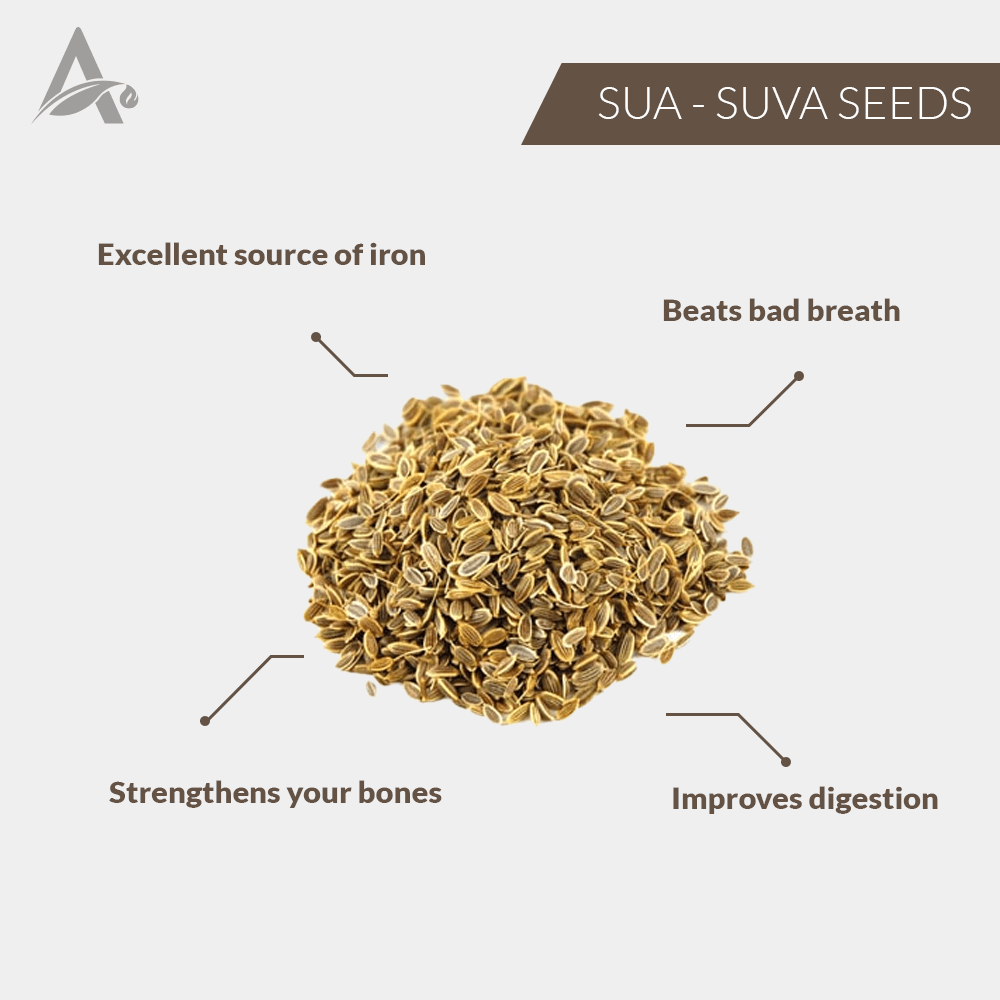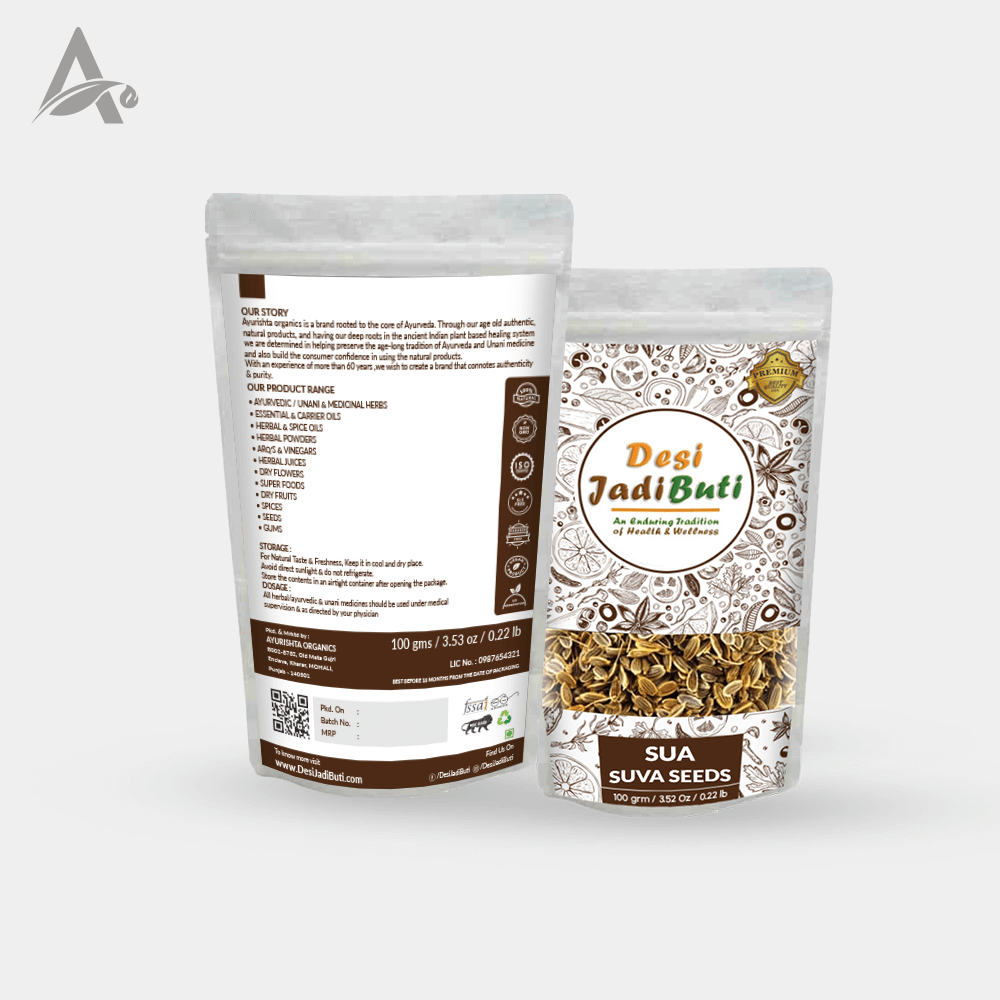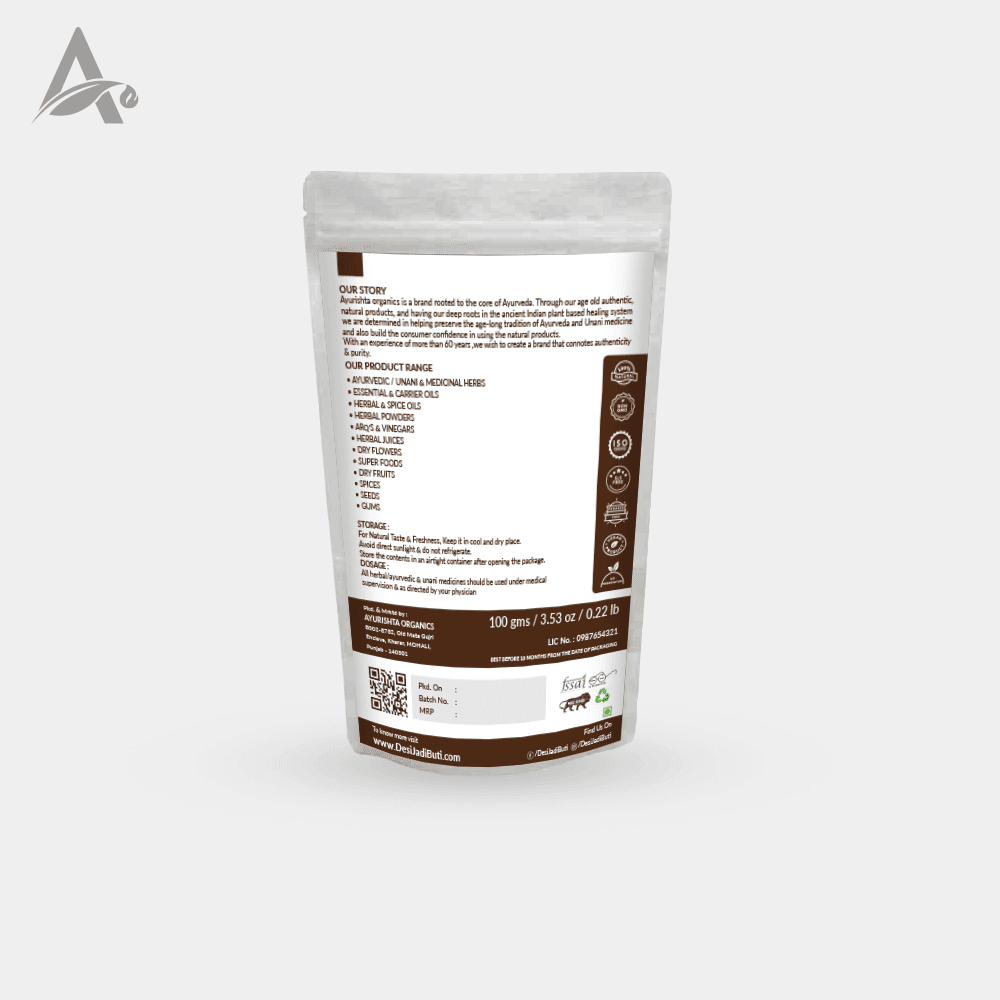The Soya Seeds is one of the richest and cheapest sources of protein and is a staple in the diets of people and animals in numerous parts of the world. The seed contains 17 percent oil and 63 percent meal, 50 percent of which is protein. Because soybeans contain no starch, they are a good source of protein for diabetics. Soya Seeds is the largest oilseed crop, with 276 million to produced in 2013, the main producers being the USA, Brazil, Argentina and China.
The value of the crop is partly driven by the demand for soybean meal, which is the by-product of oil extraction, one of the major feed commodities and the main protein source in many animal diets. Whole Soya Seeds, usually called soybeans or full-fat soybeans to differentiate them from soybean meal, are also used for animal feeding.
Benefits:
Helps us in preventing and curing the following:
- Soybeans are used as food in tropical Africa and Asia.
- The beans are used to make flour, milk, tofu and tofu-like products. They may be roasted and eaten as a snack, or fermented to make tempeh, miso, Yuba and soy sauce.
- Soya Seeds are also used for animal feeding due to their high oil and protein content.
- It helps to reduce cancer risk and alleviation of menopause symptoms ,Bone health.
- Consumption of soy products may reduce the risk of osteoporosis in women who have undergone menopause.
Other Names:
Beej Soya, Sowa, Shatapushpa, Soye, Beej Soya, Sowa, Soya Seeds, Anethum sowa, Anethum gravelons, Shatpushpa, Satapuspa, Suva, Sulpha, Shulupa, Shulupa, Indian Dil Fruit, Sova, Sabasige, Badishep, Shepa, Shepu, Satakuppa, Sadapa.
Safety Information:
- For Natural Taste & Freshness, Keep it in cool and dry place.
- Avoid direct Sunlight & Do not Refrigerate.
- Store the contents in an Airtight Container after opening the package.
- All herbal medicine should be used under Medical Supervision only.






























































































Reviews
There are no reviews yet.